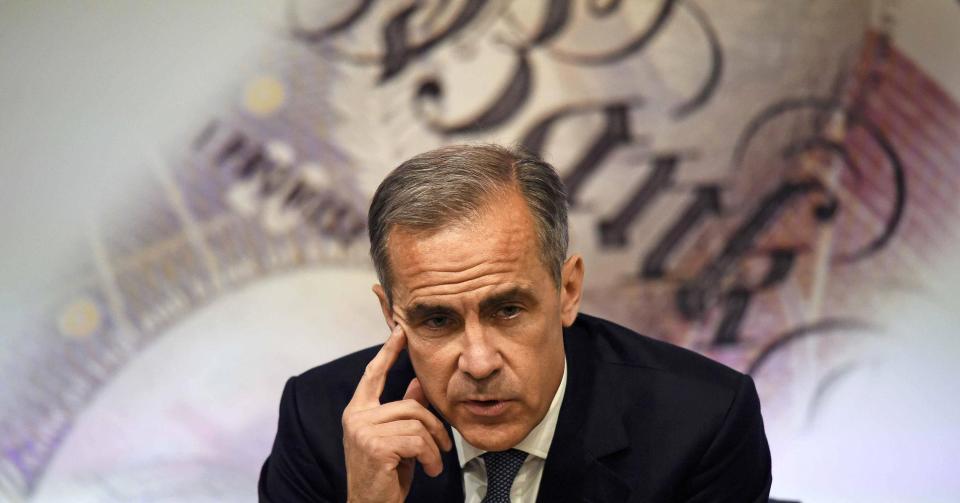Inflation set to rise again piling pressure on UK's cash-strapped households

Cash-strapped households are expected to be hit by another blow tomorrow when the latest inflation figures are published.
Experts are predicting that data will show prices rising at 2.7% – far outstripping current modest wage growth.
The Consumer Price Index (CPI) measure of inflation is forecast to be heading back up following June’s surprise slowdown, but is set to fall just short of the near four-year high of 2.9%, recorded in May.
MORE: Brexit: Hammond and Fox pledge fixed transition to avoid ‘cliff-edge’
The Office for National Statistics is also due to release jobs market data the next day, which is expected to show that wage growth has stagnated while unemployment continues to fall.

While the government will be pleased that unemployment is dropping, critics will highlight the squeeze on consumer finances.
Higher inflation coupled with stagnating wages means most people will feel a drop in spending power.
July’s retail price index (RPI), the figure used to set the next year’s train price increase, will also deal a blow to Britain’s army of rail commuters.
RPI, a separate inflation measure that includes council tax and mortgage interest payments, is expected to have risen at an annual rate of 3.5% in July, the same rate as in June.
MORE: Companies see no reason to pay more due to over-supply of job applicants
It is all a far cry from the outlook just over a year ago. In May last year, before the EU referendum vote, inflation stood at just 0.3%.
But the Brexit vote impact has sent the pound plummeting in value – and manufacturers of everything from Toblerone to Marmite have blamed the rising cost of importing ingredients for upping prices on shop shelves.
Alan Clarke, the head of European fixed income strategy at Scotiabank, is predicting inflation of 2.8%, partly owing to rising food prices.
The increasing prices stand in sharp contrast to this time last year, when the supermarket price war was still raging.
MORE: Sterling little changed in face of Brexit noise
He said: “Food price falls came to a fairly abrupt end in the aftermath of the Brexit vote, particularly on the back of the sharp fall in the exchange rate. Indeed, food prices have risen for seven of the last eight months – with last month being the exception.
“Overall, we view last month’s downward adjustment in inflation as temporary and the peak in inflation is yet to be reached.”
Mark Carney, governor at the Bank of England, has already cautioned inflation will likely hit 3% before the end of the year and that wages will continue to struggle to keep pace.
